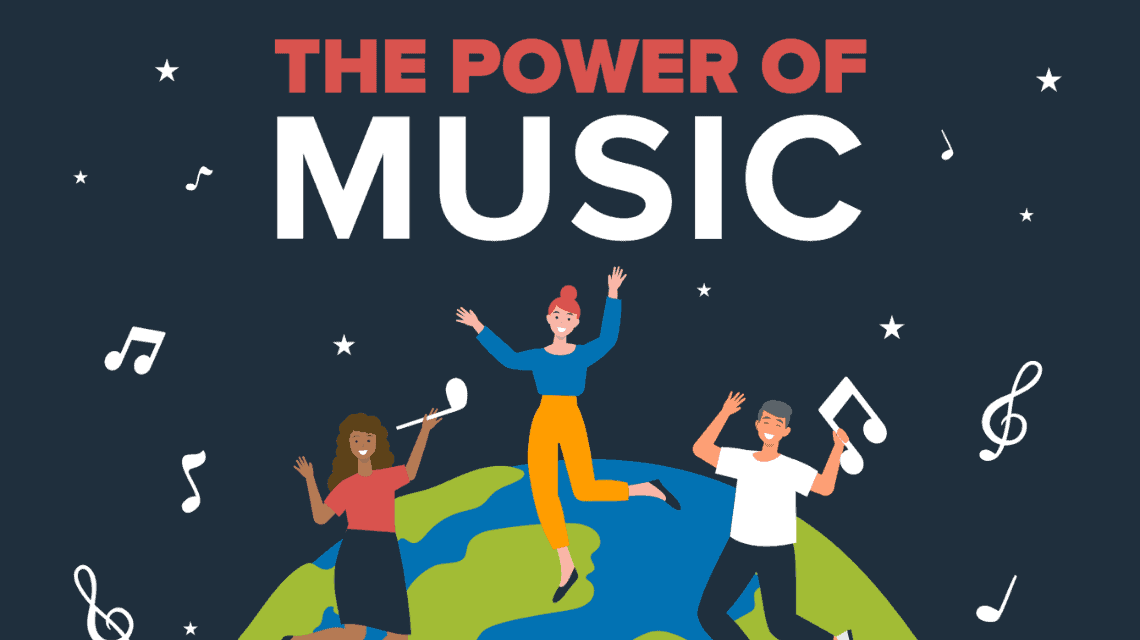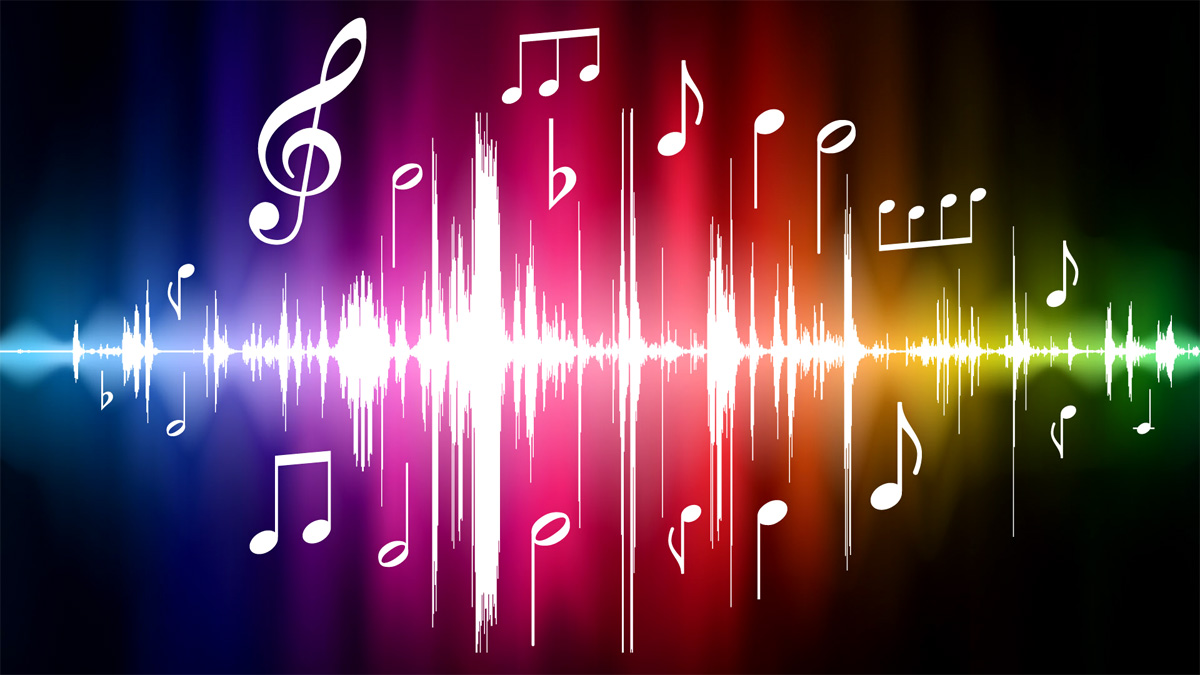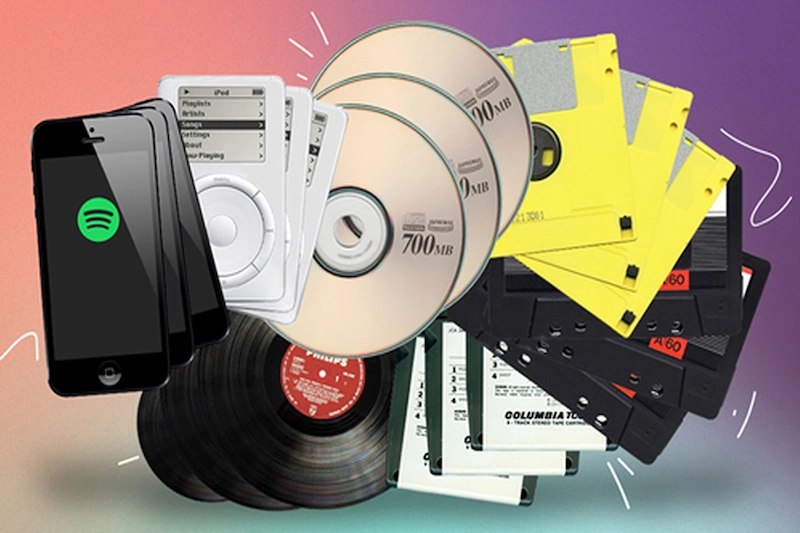Music and Memory:
Our souls are magically touched by music, which then stirs up intense feelings. It has been demonstrated that music has a significant impact on memory in addition to its aesthetic and entertaining qualities. In this essay, we will look into the fascinating relationship between music and memory and examine how melodies can bring back memories and offer comfort while dealing with memory-related difficulties.
The Power of Music in Memory
H2: A Universal Language
Music is a universal language that cuts over linguistic and cultural boundaries. Music has a wonderful capacity to stir up feelings, bring back memories, and take us to many locations and eras. Music has the ability to bring back a wealth of memories, whether they be from a favorite album from our youth, a wedding song, or a childhood lullaby.
H2: The Brain and Music
Music has complex neural connections within our brains. The auditory cortex, the limbic system (which is linked to emotions), and the prefrontal cortex all get active when we listen to music (responsible for decision-making and memory). The intricate interrelationship between music and memory is revealed by this complex brain symphony.
H2: Music as a Memory Aid
The ability of music to help with memory is one of its most amazing features. According to studies, listening to music can improve memory recall and cognitive performance in people who suffer from dementia and Alzheimer’s disease. Those who are afflicted by these diseases sometimes experience moments of clarity and connection when familiar melodies bring back memories that were previously unavailable.
The Soundtrack of Life
H2: Musical Associations
We associate particular events, people, and emotions with music throughout our lives. These connections act as memory triggers, aiding in the recollection of previous experiences. A certain song played at a wedding, for instance, might instantly take us back to that happy event, complete with intense sensory memories.
H2: The Nostalgia Effect
Music frequently elicits nostalgia, a potent emotional state. When we hear a music from our past, we could feel a wave of regretful, happy memories. This phenomena acts as a reminder of our life’s path in addition to being soothing.
H2: Therapeutic Applications
Healthcare experts have incorporated music therapy into many treatment modalities as a result of their recognition of the healing power of music. Music therapy has been shown to be beneficial in boosting the quality of life for people dealing with physical and mental health difficulties, from lowering stress and anxiety to improving motor abilities in stroke patients.
Personal Stories: Music’s Impact on Memory
H2: Rediscovering Lost Memories
Countless individuals have shared heartwarming stories of how music helped them rediscover lost memories. From a forgotten childhood melody to a favorite tune from their youth, these stories highlight the profound influence of music on memory.
H2: Bridging Generations
Music has a unique ability to bridge generational gaps. When older individuals share their favorite songs with younger generations, it creates a powerful connection. These intergenerational exchanges through music can provide valuable insights into the past while creating cherished memories for the future.
The Science Behind Musical Memory
H2: Music and the Hippocampus
The hippocampus, a crucial brain region for memory formation, plays a significant role in our response to music. Studies have shown that listening to music activates the hippocampus and enhances memory consolidation. This finding underscores the potential therapeutic applications of music in memory-related disorders.
H2: Emotion and Memory
The emotional impact of music on memory cannot be overstated. Emotional arousal, facilitated by music, can lead to the creation of stronger and more enduring memories. This is why certain songs become deeply intertwined with our personal narratives.
H2: The Mozart Effect
The “Mozart effect” is a popular term used to describe the idea that listening to classical music, particularly compositions by Wolfgang Amadeus Mozart, can temporarily boost cognitive abilities, including memory. While the concept remains debated, there is evidence to suggest that music, in general, can have positive effects on cognitive function.
Conclusion
Music’s unique ability to evoke emotions and trigger memories is a testament to its profound impact on our lives. Whether it’s the melody that accompanied your first dance, a childhood lullaby, or a song that makes you smile through tears, music has the power to unlock forgotten moments and connect us to our past. As we continue to explore the intricate relationship between music and memory, we gain a deeper appreciation for the extraordinary role that melodies play in the human experience. So, the next time you hear a familiar tune, let it carry you back to the cherished memories that make up the soundtrack of your life.





